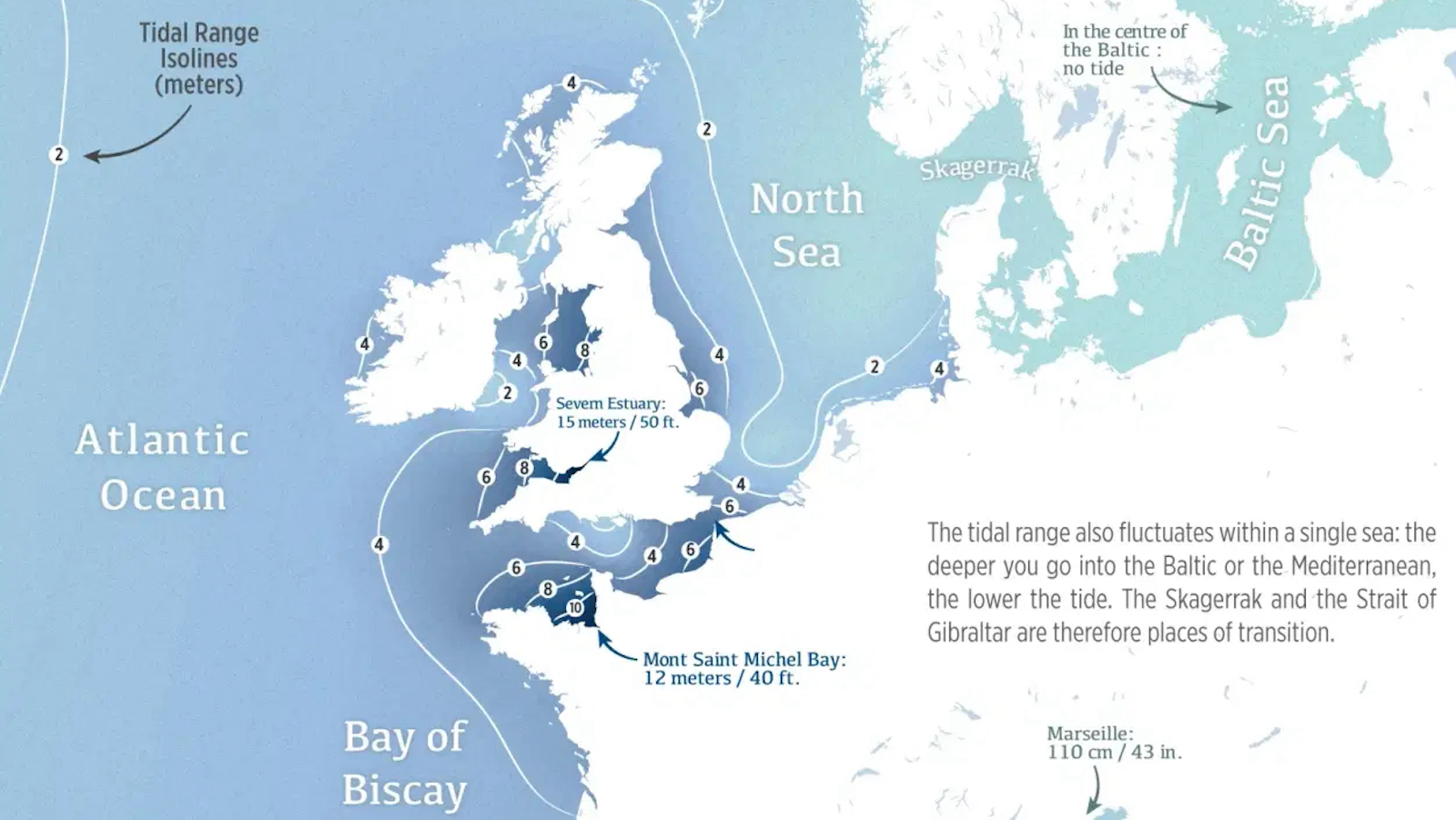Mahvish Khan says the best characters have the most vivid stories to tell.
Topic: Choosing the Right Detainees to Interview
Mahvish Khan: I chose the prisoners that I wrote about based on different characteristics. The ones that I initially met were the ones that had the greatest personal impact on me because I was very sensitive to my surroundings and the prisoners and they had a lasting personal impression. And so I wrote about those individuals but also individuals with varied backgrounds of different countries and people from different occupations with... also with different personalities because yeah, there was the old man and the doctor who were polite and I felt sorry and bad for them but then there was also Taj Mohammad, the goat herder who wanted nothing more than to spend the meeting time learning English cuss words. And so that’s what we would do. He would hand me pieces of paper that the guards would write for him and ask me to translate these words, and the first time I saw it my jaw dropped because word number one was bestiality, two was pedophile, three was intercourse, and four was horny, and I was like “Taj, I don’t know how to say this in Pashto because I learned Pashto from my parents growing up,” but the chapters vary so much between personality. And there were poets and there was one guy who just wanted to talk about having an interfaith dialog with his attorney, and attorneys and their clients often quizzed each other about cultural differences because one of the attorneys couldn’t figure out how his Afghan client had two wives and he was curious about how he juggled two wives and what the sleeping arrangements were. And then the detainee would answer his questions and then quiz him back on why do Americans drink to the point of impaired judgment or you guys do this internet dating thing. How does that work? And so there was a lot of back and forth and understanding and my book transcends the torture and the abuse and it is about culture and people and friendships that are... were formed in the most unlikely of places and also betrayal and forgiveness. And it’s a story of heritage because I grew up as a Pashtun American and with the detainees I often traded ideas of East and West and they always... and we formed these family-like relationships and that’s what the book is about.
Recorded on: 7/17/08





